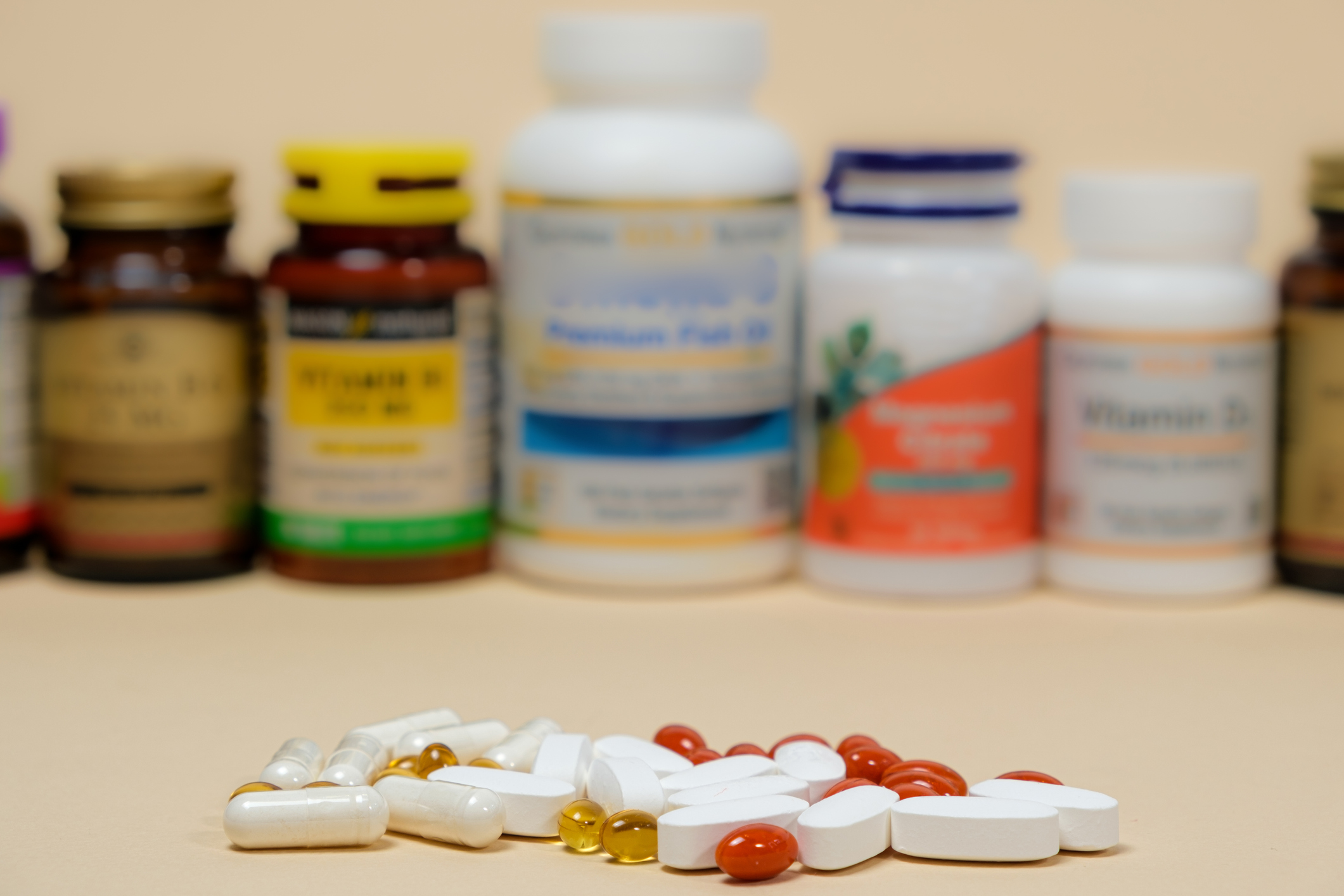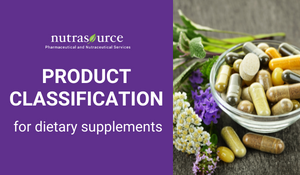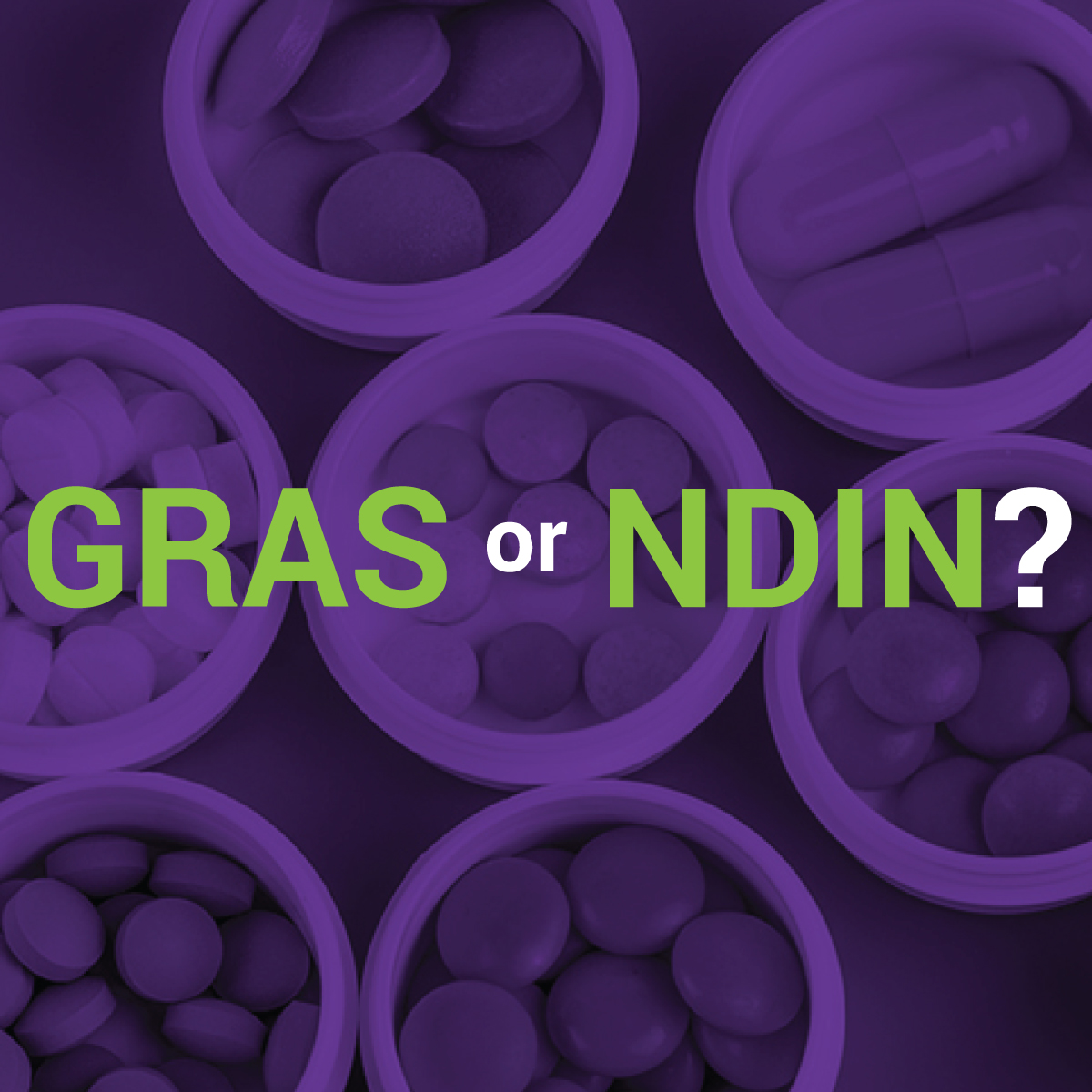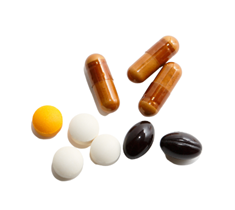Background
On July 6th, 2022, Health Canada published new labelling requirements under the Natural Health Products Regulations (NHPR). These changes are driven by a need to help consumers make informed choices and manage preventable harms through consistent, clear, and easy to understand product labels. The amendments also ensure alignment with rules that have already been established for comparable non-prescription drugs. Below is a summary of the key requirements.
Read More
Tags:
Regulatory,
Dietary Supplements/Natural Health Products
| Determining the appropriate regulatory pathway is not always straightforward, especially when introducing a product from Canada into the U.S., or vice versa. For example, some foods contain components that when isolated could be a dietary supplement/Natural Health Product (NHP), and under certain circumstances, even a drug ingredient. |
|
By the end of this blog post, you should have a good understanding of who regulates supplements in the US and Canada, and how they differ from food and drug regulations. Continue reading if you are looking for information on how to sell supplements in Canada or the US. Understanding the category definitions as laid out by the respective regulation is one way to discern between frameworks; see table below.
| Regulatory Category |
Definition |
| Food Examples: Orange juice, poultry, bread, candy, live microbials |
Any article manufactured, sold or represented for use as a food or drink for human beings, chewing gum, and any ingredient that may be mixed with food for any purpose whatever. Source |
| Dietary Supplement (US) Examples: Vitamin D, echinacea, live microbials/probiotics, multi-vitamin gummy |
A product taken by mouth that contains a “dietary ingredient” intended to supplement the diet. Source |
| Natural Health Product (Canada) Examples: Multi-vitamin gummy, calcium, omega-3 oil |
A substance or combination of substances which is manufactured, sold or represented for use in:
- The diagnosis, treatment, mitigation or prevention of disease, disorder or abnormal physical state or its symptoms in humans;
- Restoring or correcting organic functions in humans; or
- Modifying organic functions in humans, such as modifying those functions in a manner that maintains or promotes health.
Source |
| Drug Examples: Ibuprofen, vaccines, antibiotics |
A drug includes any substance or mixture of substances manufactured, sold or represented for use in:
- the diagnosis, treatment, mitigation or prevention of a disease, disorder or abnormal physical state, or its symptoms, in human beings or animals;
- restoring, correcting or modifying organic functions in human beings or animals; or
- disinfection in premises in which food is manufactured, prepared or kept.
Source |
Read More
Tags:
Pharmaceuticals,
Regulatory,
Dietary Supplements/Natural Health Products
The first steps when developing any health and wellness product is to know first, what it is and second, how its regulated and in each target market as categorization may differ between regions. Many factors are taken under consideration when determining product classification as summarized in the figure below.
Read More
Tags:
Product Marketing,
Regulatory,
Concept to Claim,
Dietary Supplements/Natural Health Products
You've developed a new product and are keen to market it as a dietary supplement in the U.S. You're confident it fulfills the FDA's definition, but its "star" ingredient is newer to the market and, to your knowledge, hasn't been used in foods to date. This means that if you marketed it as is, the product would be considered adulterated.
What options do you have to go to market, and what is the most effective way to do so without raising regulatory red flags and risking your brand reputation?
Read More
Tags:
Regulatory,
Foods & Beverages,
Dietary Supplements/Natural Health Products
Starting with the end in mind
| Budget, timelines, and pressure to be innovative are just a few of the barriers that many companies face when looking to gain market access. The trick is knowing what you want to say about your product, what you can say, and having a clear understanding of the marketplace you’re looking to penetrate. From there, a strategic solution can be developed to assist in achieving your goals. |
|
Read More
Tags:
Product Marketing,
Claims,
Concept to Claim,
Dietary Supplements/Natural Health Products
Sesame has recently been added to the list of major food allergens, here's what you need to know for product labelling.
Read More
Tags:
Product Marketing,
Regulatory,
Foods & Beverages,
Dietary Supplements/Natural Health Products
Developing dietary supplements with strong claims not only allows brands to stand out from the pack but also provides a competitive advantage.
Read More
Tags:
Claims,
Regulatory,
Concept to Claim,
Dietary Supplements/Natural Health Products
The current pandemic situation highlights a weakness in our traditional approach to clinical trials. You are probably experiencing some form of lock-down (“stay at home order” by your local or national government). Our innate sense of optimism says this crisis will blow over fast, but there are also dark clouds suggesting weeks may turn to months and true return to normality will take longer than we dare to think.
Read More
Tags:
Clinical Trials,
Concept to Claim,
Foods & Beverages,
Dietary Supplements/Natural Health Products
Medical Foods is a unique regulatory category wedged between supplements and drugs, a category where nutrients can be marketed with a claim for the management of a disease. A claim that has led some to call this category “supplements on steroids”.
Read More
Tags:
Regulatory,
Concept to Claim,
Foods & Beverages,
Dietary Supplements/Natural Health Products
Whether you are launching a new product or looking to substantiate a novel claim, strong science is crucial to the success of your health product. In Canada, many ingredients have been “pre-cleared” for specific claims at particular doses. Monographs give guidance and provide substantiation for these ingredients, so you don’t have to.
Read More
Tags:
Clinical Trials,
Dietary Supplements/Natural Health Products


.png)




.png)
.png)
.png)
-1.png)
